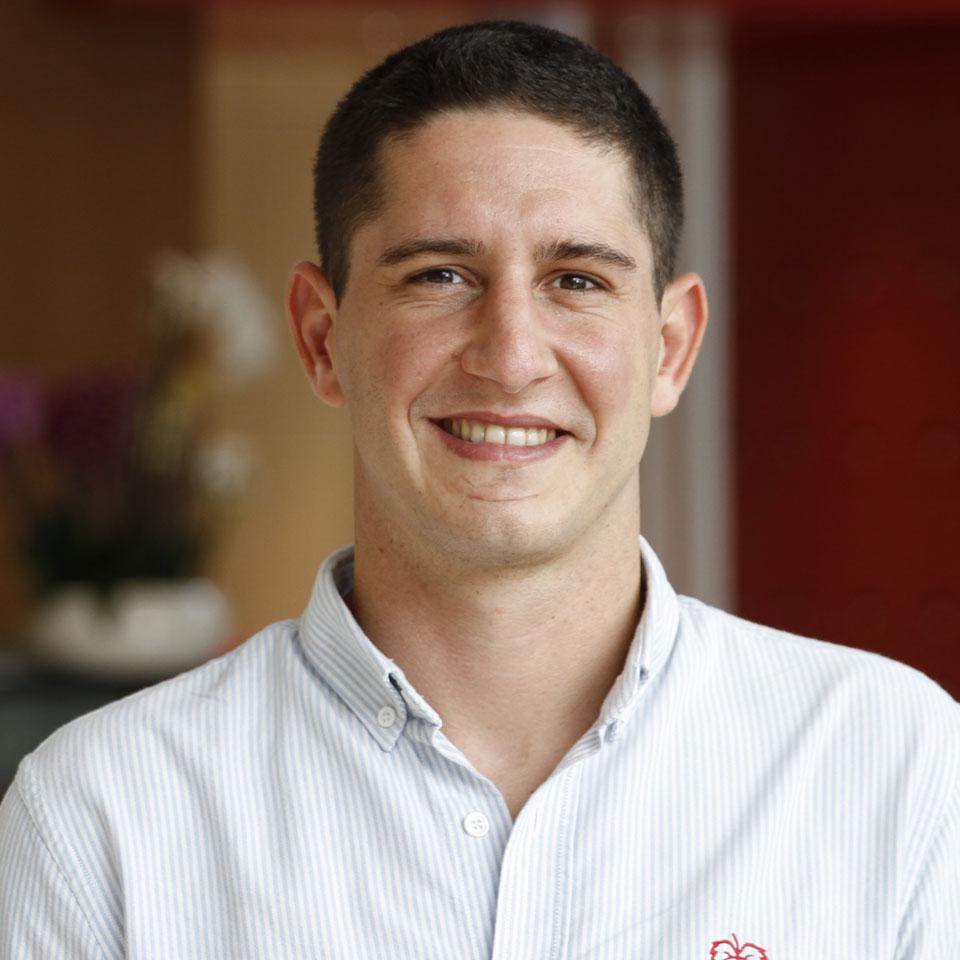
Jules
Environment and excavated material project manager,
FRANCE
WHAT IS YOUR JOB?
I am currently an environment and excavated material project manager, with responsibility for France, after having trained as a polluted sites and soils engineer.
The aim of managing excavated material is to limit, recycle, add value to or eliminate excavated earth resulting from infrastructure worksites. This activity is in line with the sustainable development and circular economy initiative led by SYSTRA as it proposes new solutions such as the filling of old quarries and the development of eco-materials.
WHAT ARE YOUR ASSIGNMENTS AT SYSTRA?
I joined SYSTRA in September 2018 to work on Grand Paris Express projects. My main assignment is to manage issues linked to the excavated material resulting from civil engineering works.
My first assignment was carried out in the context of a project management contract. I performed environmental monitoring consisting in ensuring that the different groups of companies were respecting their commitments: management of storm and groundwater, limitation of noise pollution, management of excavated material, flood compensation, reporting to the services of the State…
I am currently working on a design-build project for a future line. My role is to help our client in defining the best strategy for managing excavated material, in order to reach the very ambitious objectives set for the Grand Paris Express in this context, in terms of added vaue and alternative transport.
These projects involve working within a multidisciplinary team made up of risk management experts, construction economists, interface managers, and contacts for administrative procedures.
WHAT ARE THE THREE MOST important qualities or skills in your job?
In a context where the project owners responsible for running large infrastructure projects attach increasing importance to sustainable development, it is essential to demonstrate proof of pedagogical ability. Taking into account the issues involved in the management of excavated material is in fact relatively new and therefore sometimes difficult to grasp for non-specialists.
Operational vision enabling the monitoring of works is also valuable in bringing the client’s ambitions in line with the reality on the ground.
Finally, this subject requires versatility as it involves working with a broad range of disciplines, at once technical, legal, financial and contractual.
WHY SYSTRA?
I chose to join SYSTRA because I was sure I would be involved in large-scale projects and be faced with complex subjects from which I would learn. I am proud that the assignments I lead today are fully integrated in the development of sustainable solutions that respect the environment.
 Australia
Australia  Brazil
Brazil  Canada
Canada  China
China  Denmark
Denmark  France
France  India
India  Indonesia
Indonesia  Ireland
Ireland  Italy
Italy  Malaysia
Malaysia  New Zealand
New Zealand  Norway
Norway  Poland
Poland  Saudi Arabia
Saudi Arabia  Singapore
Singapore  South Korea
South Korea  Sweden
Sweden  Taiwan
Taiwan  Thailand
Thailand  United Kingdom
United Kingdom  United States
United States  Vietnam
Vietnam